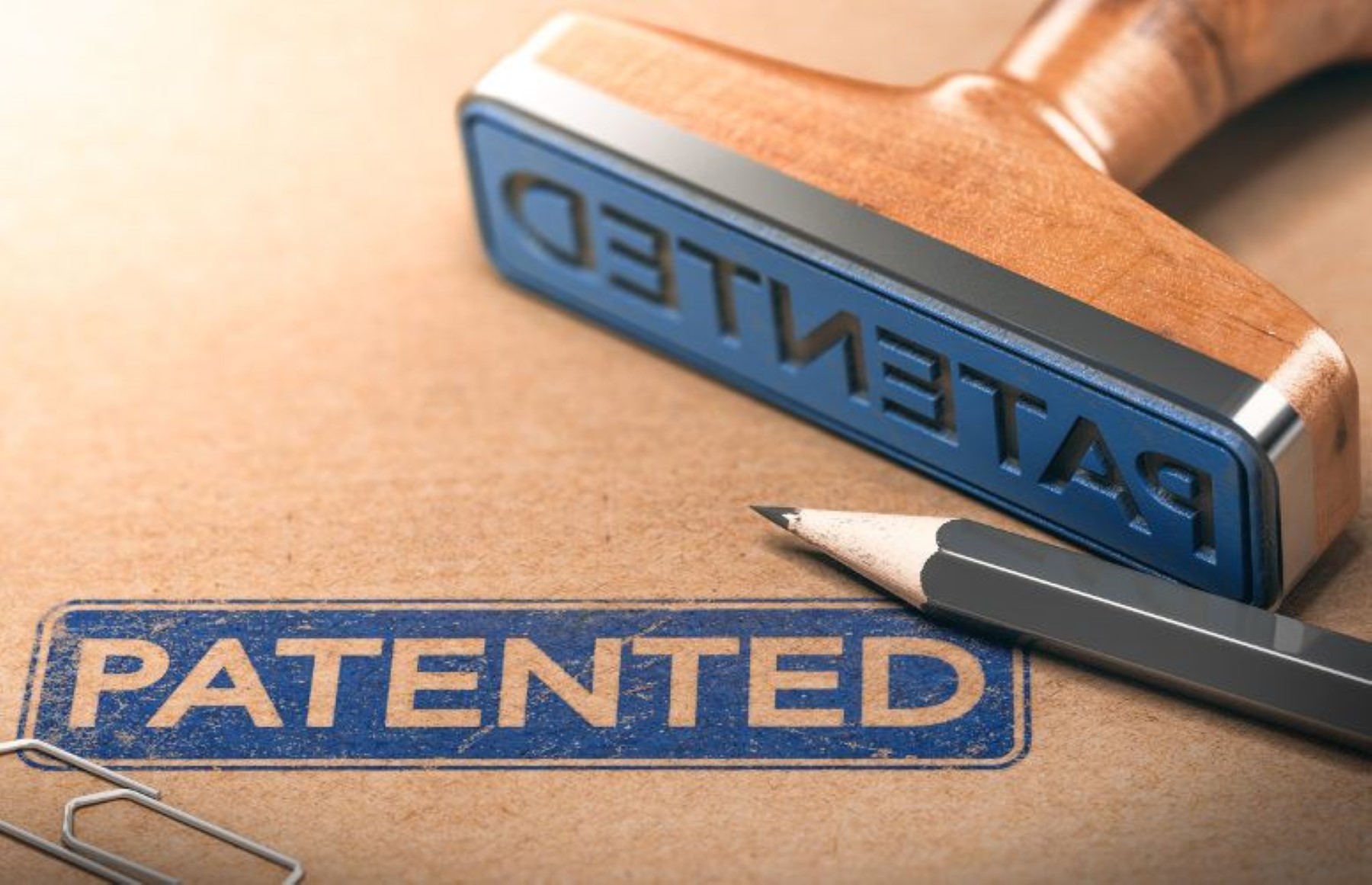Intellectual Property Protection in UAE
IP is one of the most valuable assets of any company, it´s the essence of the business; it protects genuine business assets that may be integral to the core services of the business and overall long-term viability, hence it is critical to have strong protections for the rights obtained from it which allows the creators or owners of IP to benefit from their work, or from their investment and to enhance their competitive advantage in the marketplace.
In this article, we are going to explain the standards of protection to enforce your IP Rights.
What are the recognized IP Rights in the UAE?
The Ministry of Economy is the competent authority to register and protect intellectual property in the UAE. You can register a trademark, copyright, and patent through the Ministry.
Patent
The UAE has issued Federal Law no. 11 of 2021 (“the Law”) concerning the regulation and protection of Industrial Property Rights. The Law will revoke the former Patent Law, Law No. 17 of 2002. This new updated Law covers patents, industrial designs, integrated designs, undisclosed information and utility certificates and was published in Official Gazette no. 703 on 31 May 2021.
Patentability criteria
Article 5 of the Law defines the terms for obtaining a patent, noting that “a patent shall be granted for each new invention contrived from a creative idea or creative enhancement, forms an inventive step and is capable of industrial application”.
When does patent protection start and how long does it last?
As part of the general requirements for obtaining a patent, an invention must be ‘new’ or novel. An invention is considered ‘new’ if it has not been disclosed to the public before the filing date through any medium (orally or in writing). This novelty requirement is standard among most national patent legislation.
Some legislations will allow disclosures by the inventor, or third parties who obtain information from the inventor, provided they occur within a certain ‘grace period’. A grace period is usually 6 or 12 months counted from the date of disclosure of the invention to the public. In countries where no grace period is provided (i.e., where absolute novelty is required), if an invention is disclosed to the public prior to filing a patent application, it loses its novelty and is not eligible for patent protection. However, in countries where a grace period is provided, an application may be submitted and still meet the novelty criteria provided it is filed within that grace period. Under Article 5(4) of the Law, disclosures by the inventor that occur within 12 months of the filing date will have no effect on novelty.
Under the current system, only granted patents are published and it takes an average of 3-5 years for applications to grant. In addition, applications in the UAE are published only in Arabic in the Official Gazettes which makes it difficult for foreign parties to carry out searches and perform freedom to operate analysis if they are considering filing UAE applications or bringing exporting technology to the region. Article 13 of the Law, if the invention meets the conditions for patentability, the Ministry will publish the acceptance of the patent grant in the Official Gazette according to the Executive Regulations.
On what grounds can a patent infringement action be brought?
A patent holder has the exclusive right to exploit the invention. A patent holder can prevent a third party from manufacturing, retaining, selling, or importing the patented product or process (or product derived from a patented process).
Under Article 19 of the former Law, a patent would not be infringed by a third party if its use was for non-commercial educational or research purposes or where the patented product enters the state on a temporary basis. Under the new Law, Article 22 includes an additional exception to infringement where the patent is used in a “combination of two medicines or more for the purpose of medical treatment by a licensed pharmacist”. It’s not clear if these changes were introduced in light of the recent pandemic to allow for access to emergency treatments that rely on proprietary drugs or delivery systems. The grant of compulsory licenses have also broadened to include ‘crisis or disaster’ in addition to cases of emergency, dire public need or non-commercial purposes. Other changes include the value of penalties for infringement. Under the former Law, these ranged from AED 5,000 up to a maximum of AED 100,000. Under the new Law, penalties range from AED 100,000 up to AED 1,000,000 as well as potential imprisonment. Further details on the practical implementation of the Law are expected to follow in the Executive Regulations.
Which courts deal with patent infringement actions? Is there a fast-track and/or a small-claims procedure?
The civil courts deal with patent infringement actions. In the absence of local courts, federal courts will look into the infringement matter. The Dubai International Financial Centre (DIFC) courts may have jurisdiction over infringements occurring in the DIFC free zone. A recent extension of the jurisdiction of the DIFC courts may also allow infringement proceedings to be brought there either where one of the parties is registered in the DIFC or by the parties’ agreement. There is no fast-track and/or a small-claims procedure.
Eman Jad

